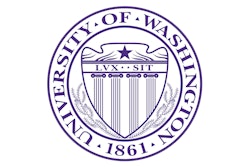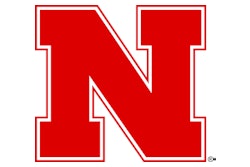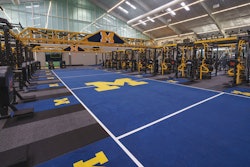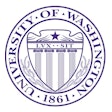Copyright 2014 Richmond Newspapers, Inc.
All Rights Reserved
A pair of proposed amendments to Virginia's two-year budget target fees paid by public college and university students to subsidize school athletics programs.
The amendments attempt to build on a September 2013 study by the Joint Legislative Audit and Review Commission, which found that on average, 12 percent of what students pay in tuition and fees go to intercollegiate athletics.
The JLARC report, requested by the General Assembly to assess factors contributing to increases in college costs, concluded the programs do not generate sufficient revenue to cover expenses without student fees. Those fees average $1,185 per student across the 15 public institutions in the commonwealth.
One amendment, proposed by Sen. Thomas K. Norment Jr., R-James City, seeks to cap at $100,000 the amount of state funds used to pay the annual salary of a collegiate coach.
The other amendment, proposed by Del. M. Kirkland Cox, R-Colonial Heights, calls on the Auditor of Public Accounts and other state agencies to work with the schools to develop a standardized format to account for intercollegiate sports revenues and expenses, including how student fees are used.
While high-profile coaches can receive contracts worth more than $1 million annually, that money does not come directly from taxpayers or the state's general fund.
Instead, coaches are paid from athletic department revenues, which include ticket sales, TV rights fees, student fees and private giving.
Virginia Commonwealth University men's basketball coach Shaka Smart and other Rams coaches would not be affected by the bill, said Anne Buckley, senior director of public affairs at VCU.
"VCU does not have any general funds supporting any athletic coaching salaries," Buckley said.
The same is the case at the University of Virginia and Virginia Tech, where salaries are also paid by the schools' athletics departments. Reports from the schools are consistent with what lawmakers were told in September by the Joint Legislative Audit and Review Commission.
The far bigger problem, that report concluded, was using student fees to subsidize sports.
As it is written, Norment's proposed coaching cap would not have any effect on student fees.
But he and Cox said they submitted their amendments on the heels of the JLARC study and a concern that college costs, including student fees that partly fund athletics, could price kids out of school.
"If you choose to have highly compensated coaches ... then pay for that out of private donations, foundations and booster clubs," Norment said. "Don't be putting that on the backs of students for whom college affordability is an issue."
Cox said his amendment is a "first step" toward a system that provides a way to measure costs of athletics programs and their impact on affordability for students. He said he was surprised to learn that while only 3 percent of students participate in intercollegiate athletics, 12 percent of student fees go to funding them.
"I just thought that there is really a need to look at a way to lessen the student fee portion" of athletics funding, said Cox, whose sons are all involved in athletics.
He said the current system colleges use to report expenditures in these areas is "all over the place," and not consistent from school to school.
In recent years, coaching contracts have escalated along with the potential revenue and exposure in Division I sports.
Smart's contract, which runs through 2023, guarantees him $1.45 million this season, plus numerous incentives and $60,000 in deferred compensation.
His base salary is $450,000, and he has supplemental income of $950,000. He also gets $25,000 for university-sponsored radio and television appearances and $25,000 for speaking at or attending events or functions sponsored by the university.
At U.Va., football coach Mike London received $330,750 in base salary last year, though his actual compensation, including all supplemental pay, is $2.1 million annually. In the cases of London and Smart, the supplemental pay is guaranteed and does not have strings attached.
By official state numbers, the highest paid coach in the state is George Mason men's basketball coach Paul Hewitt. He made $744,750 in base salary last year. Supplemental income is not factored into the database.
However, he is not, in actuality, the state's highest paid basketball coach. Smart, U.Va.'s Tony Bennett and Virginia Tech's James Johnson each make more money once supplemental pay is included.
The University of Richmond is a private school and does not have to disclose salaries.
(804) 363-8685
@RTDNolan
(804) 649-6546
@michaelpRTD
Tim Pearrell and Karin Kapsidelis contributed to this report.
Terms and Conditions Privacy Policy































